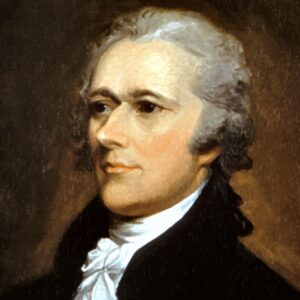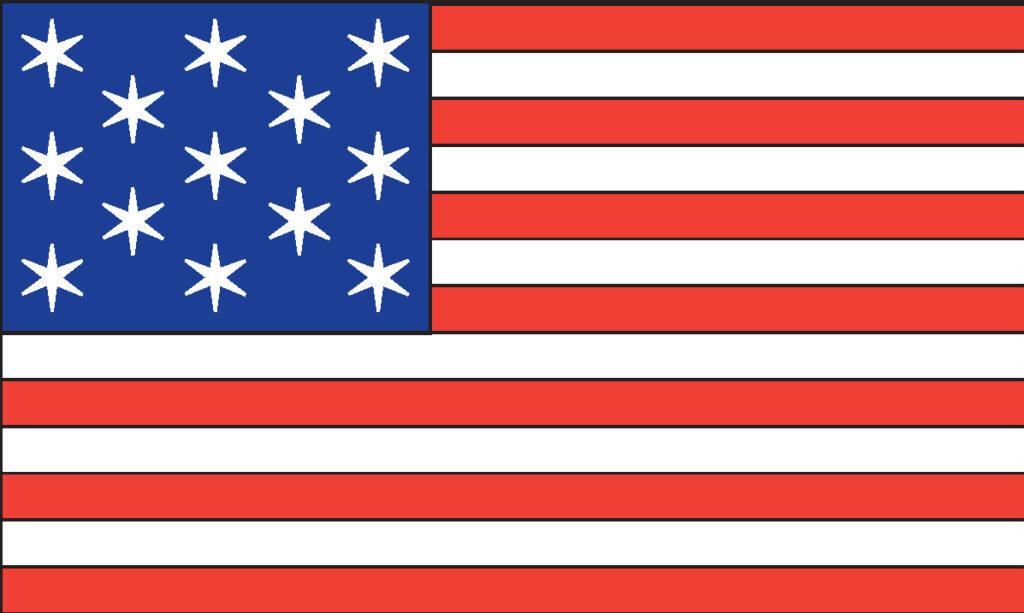Alexander Hamilton, a former Delegate, from New York, to the Constitutional Convention, using the penname “Publius,” publishes “Federalist #69,” explaining that during peacetime the president is to be in command of only a small, token military force. In paragraph six he writes,
… First. The President will have only the occasional command of such part of the militia of the nation as by legislative provision may be called into the actual service of the Union. The king of Great Britain and the governor of New York have at all times the entire command of all the militia within their several jurisdictions. In this article, therefore, the power of the President would be inferior to that of either the monarch or the governor. Secondly. The President is to be commander-in-chief of the army and navy of the United States. In this respect his authority: would be nominally the same with that of the king of Great Britain, but in substance much inferior to it. …
NOTE: Hamilton is in conflict with what he said earlier in “Federalist #23,” that “These powers ought to exist without limitation.”
[restored 12/7/2024]
Subsequent Events:
Authority:
Articles of Confederation, Article XIII
ccc-2point0.com/Articles-of-Confederation
References:
Federalist No 69 – The Avalon Project
avalon.law.yale.edu/18th_century/fed69.asp
Federalist No. 69 – Wikipedia
en.wikipedia.org/wiki/Federalist_No._69


